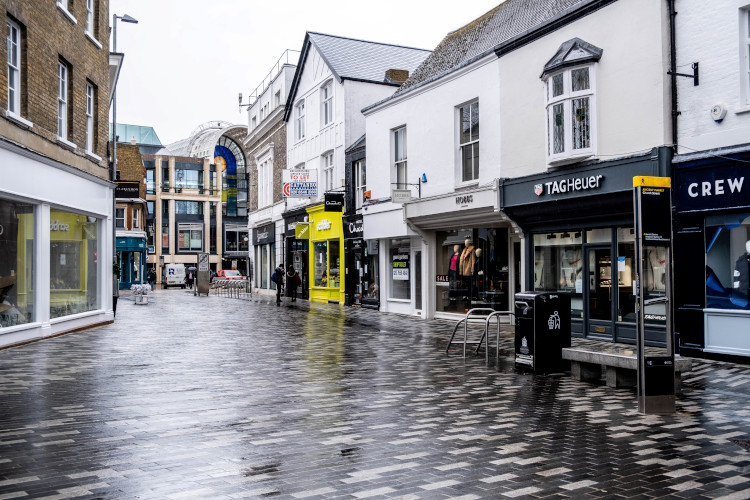High streets of the future will need to think beyond retail, says new report
Posted on in Business News
Just 42% of people in the UK rate their local high street as good or very good, according to the latest Legal & General Rebuilding Britain Index.

In fact, when factoring in the quality of local shops, cafes, eateries, banks, Post Offices and other amenities, London is the only region across the UK where more than half of residents (58%) were positive about their high street.
Recognising the need to move beyond a ‘one-size-fits-all’ approach, Legal & General is calling for a change in how we create relevant and resilient high streets – prioritising localised innovation, diversification, and regeneration – to level up local economies.
The region with the most negative perception of the high street is Wales, where only 33% rate their high street positively. This was followed closely behind by Scotland (34%) and the South West (37%). Conversely, 58% of households in London rate their local high street positively.
The data shows that the UK’s left-behind communities most need a revamp for their high street. 79% of households achieving a High RBI score rate their local high street as good or very good. This falls to just 22% for those with a Low RBI score.
Similarly, higher-income households (69% of those with an HHI of £100k+) are far more likely than low-income households (36% of those with an HHI of under £20k) to have a better opinion of their local high street
UK households still value a thriving high street, with 30% identifying investment into the local high street as a key government spending priority – the highest being from those in the lowest income households.
High streets of the future will need to think beyond retail – with households placing greater emphasis on services, food and drink and leisure facilities as ‘must-haves’ rather than retail options.
Although a shift in consumer culture has been evidenced, it is also clear that around three-quarters of retail spend still takes place within a store; the UK’s high streets and physical retail are, therefore, not dead – but must respond to an evolving consumer culture if they are to survive.
The findings also demonstrate the cultural shift in the UK high street – with people no longer just prioritising the traditional and transactional retail-only environment. Key public services, including health services and cultural and leisure facilities, are now vital cornerstones of a thriving High Street.
The findings show that households are more like to view available services, such as postal or banking services (80%) and food and drink (80%) as having an essential role in making their high street a thriving part of their local community. This was slightly higher than the 78% feeling that retail has an important role to play, while a further 57% place importance on leisure and tourism.
The Post Office (77%), banks (71%) and chemists (69%) are seen as staples – each considered as being a ‘must-have’ for a High Street to be prosperous. Retail options are far less likely to feature – with only 41% identifying fashion shops, 17% identifying nail salons and 11% identifying bookmakers.
Useful links
If you have any other queries please contact us.




















